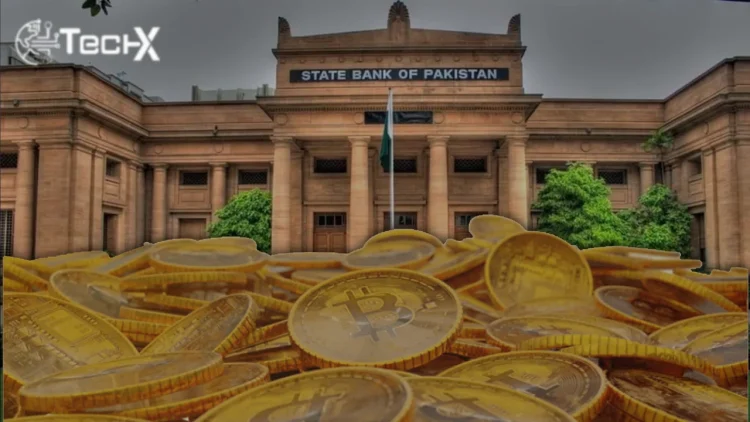The State Bank of Pakistan (SBP) has announced a landmark decision to legalize virtual assets. This move reverses a previous advisory that declared cryptocurrencies illegal. The central bank will also introduce its own digital currency, marking a significant shift towards a regulated digital finance ecosystem in Pakistan, moving away from an outright ban.
A Regulated Framework for Digital Assets
Deputy Governor Dr. Inayat Hussain revealed the plan to a Senate committee. He confirmed the old advisory against crypto will be formally withdrawn. This paves the way for establishing a comprehensive and regulated framework. The aim is to bring clarity and security to a market where Pakistanis have already invested billions, integrating it into the formal economy.
The Digital Rupee: A State-Backed Solution
A key component is the development of a central bank digital currency (CBDC). Dr. Hussain stated that this digital rupee will be issued solely by the SBP. It is designed to be the primary medium for purchasing virtual assets within the new legal framework. This provides a secure, government-backed on-ramp for investors entering the crypto space.
Massive Existing Investments Prompt Action
The need for regulation is underscored by massive existing public participation. Senator Afnanullah Khan revealed that Pakistanis have invested an estimated $20 billion in cryptocurrencies. This substantial, previously underground, investment highlighted the urgent necessity for a regulated environment to protect citizens and harness economic potential.
Also Read: Apple and Google Extend $20 Billion Search Engine Deal
Nationwide Application and Key Restrictions
The proposed Virtual Asset Bill 2025 will apply across all of Pakistan. A ministry consultant confirmed its nationwide scope. However, key restrictions will apply. Virtual assets will be transferable within the country but cannot be used for purchasing everyday goods, services, or investments outside their own specific, regulated ecosystem.
Establishing a Dedicated Regulatory Authority
Oversight will be handled by a new Virtual Asset Regulatory Authority. This body will be responsible for licensing market participants, creating regulations, and monitoring all virtual asset activities. Its establishment is a cornerstone of the proposed law, ensuring dedicated and specialized supervision of this complex and evolving financial sector.
Governance and Board Composition
The authority’s board will include high-ranking officials to ensure robust governance. It will comprise the SBP Governor, Secretaries of Finance, Law, and IT, and heads of the FBR, SECP, and Digital Pakistan. The Director-General of the FIA will also be a member, ensuring a multi-agency approach to regulation and security.
Committee Recommendations and Safeguards
The Senate committee proposed adding parliamentary members to the board. It also recommended experience and age criteria for the authority’s chairman. Crucially, the bill incorporates strong safeguards for investor protection and aligns with international anti-money laundering and counter-terrorism financing standards set by the FATF.
Addressing Data Privacy and Insider Trading
Senators raised critical concerns about data privacy and potential misuse. They demanded strict accountability for service providers handling user data. To ensure market integrity, board members will be explicitly prohibited from sharing policy-level information or engaging in trading based on their privileged insider knowledge.
Funding and Independent Operation
The regulatory authority will initially be funded by the Government of Pakistan. Subsequently, it will generate its own revenue through licensing fees and penalties. The Ministry of Law consultant emphasized that the body will operate independently, ensuring impartial and effective regulation for a secure virtual asset environment.
A Cautious Path Forward
The Senate Finance Committee welcomed the progressive initiative but deferred final discussions. The details of the Virtual Asset Bill 2025 will be finalized in a subsequent meeting. This cautious approach reflects the complexity of integrating cryptocurrencies into Pakistan’s economy safely and effectively.
















